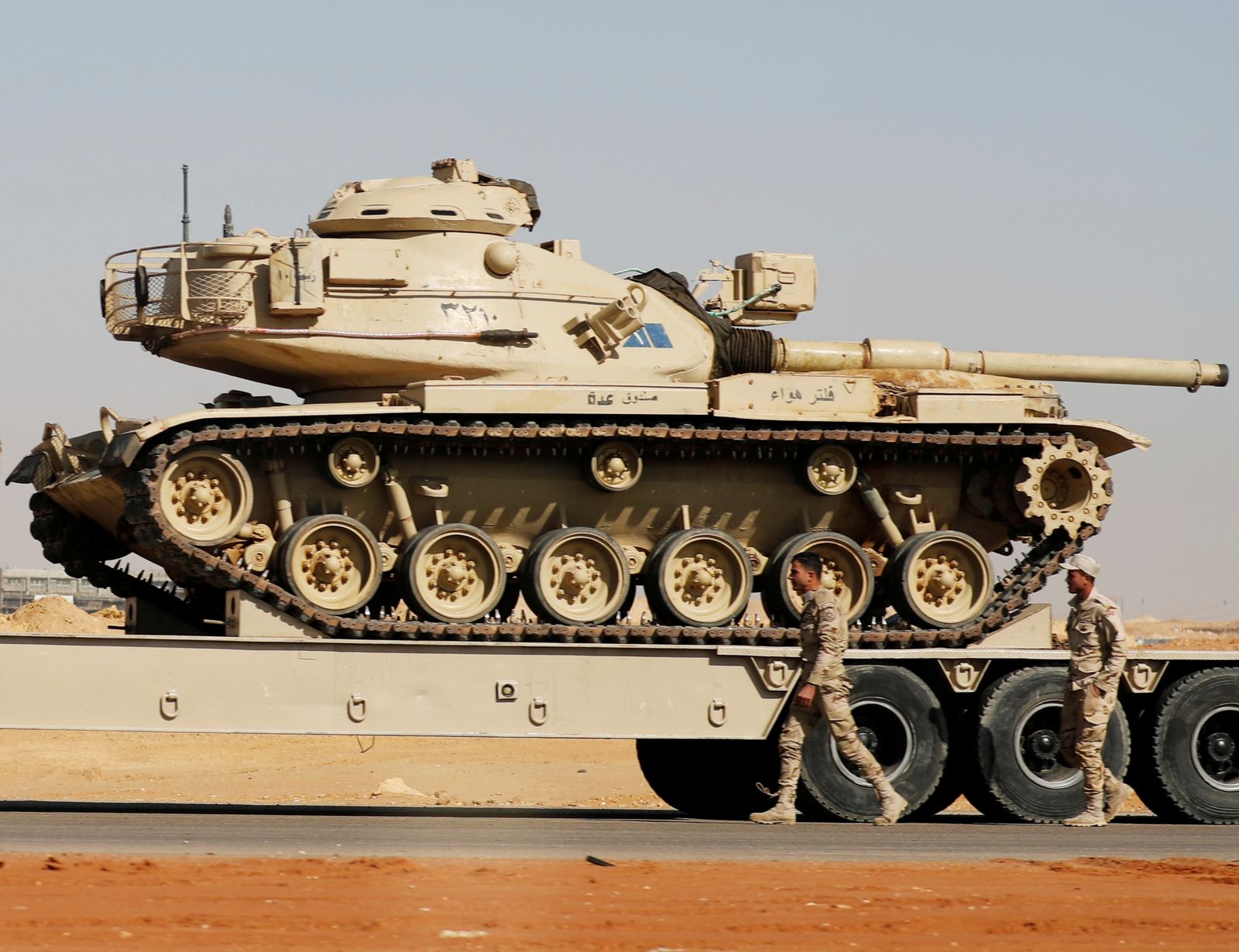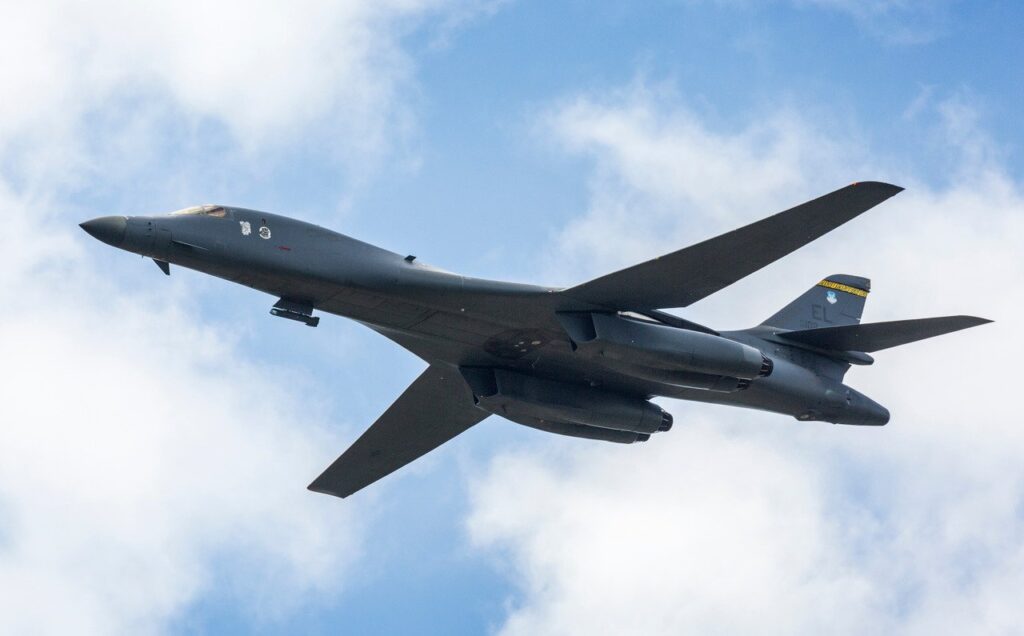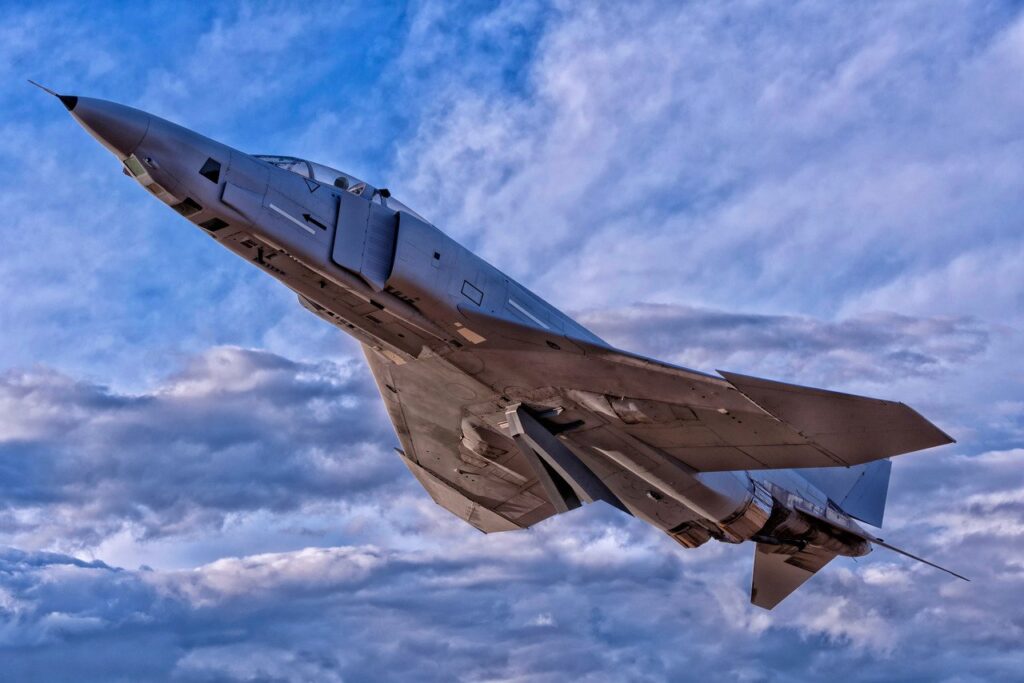
Could Egypt Go to War With Turkey Over Libya’s Civil War?
In response to movements from the Turkish-backed Government of National Accord (GNA), Egypt will likely launch a military intervention in eastern Libya, using tribal ties to gain public support for or the deployment to secure Egypt’s western borders. While Egypt will seek to avoid engaging in direct combat with rival Turkish forces in the region, its presence on the ground will raise the risk of a wider confrontation that draws Cairo deeper into Libya’s increasingly insoluble civil war.
Egypt would prefer to continue backing international negotiations to end the nearby Libyan conflict, though Khalifa Hifter and his Libyan National Army (LNA)’s demands — which both Cairo and the United Arab Emirates support — are making successful negotiations unlikely. Eastern Libyan officials have demanded that Libya’s financial system and distribution of oil revenue become more transparent, and that the revenue be shared directly with Libya’s three regions (Cyrenaica, Fezzan and Tripolitania).
- Egypt has supported these proposed oil and financial reforms, as they would serve two purposes: increasing transparency to limit the funding of Islamist militias in western Libya, and making the eastern Libyan economy and financial system more sustainable amid the country’s deadlocked conflict.
- The Tripoli-based GNA, however, will not accept such an arrangement, as it would strengthen eastern Libya’s control over oil revenue and allow Hifter’s LNA to continue to use its control of the country’s oil industry as political leverage, thus leaving negotiations in a stalemate.

The continued failure of negotiations will likely prompt the Turkish-backed GNA to launch an offensive on Sirte and Jufra in the coming weeks. Gaining control of these two cities would provide the GNA with a launching point for seizing strategic export terminals in the arc of coastal towns between Sirte and Benghazi known as the country’s “oil crescent,” as well as Libya’s most productive oil basin, the Sirte basin.
- Egypt-backed Hifter and the Libyan Arab Armed Forces currently control all of the country’s onshore oil infrastructure, boosting both their political strength and international influence, as well as their leverage in peace negotiations.
Beyond ensuring Hifter and his LNA forces maintain control of vital oil infrastructure (and thus their political leverage), Egypt’s primary concern in neighboring Libya is the GNA’s growing Islamist component, as well as Turkish affinities for such groups and the GNA’s recent eastward advancements, which it views as a major threat to its physical security.
- Egypt and Turkey are historic Mediterranean rivals whose current governments hold sharply opposing views on political Islam.
- One of Egypt’s primary national security objectives under President Abdel-Fattah al-Sisi has been containing the spread of political Islamist groups within and near its borders.
- Egypt is especially concerned about the growing influence of the Muslim Brotherhood and other Islamist politicians in the Turkish-backed GNA, and their potential to gain control of eastern Libya and use it as a base for nearby regional activities.
Egypt will be willing to deploy uncharacteristic military force to protect its vast western desert from the encroachment of pro-GNA or GNA-backed militias from eastern Libya, as the GNA offensive in Libya, along with its Muslim Brotherhood and Islamist components, inch ever closer to its western borders.
- Although Egypt is historically averse to deploying its military forces to conflicts abroad, unstable areas that directly border Egyptian territory — such as Libya, the Red Sea or the Palestinian Gaza Strip — are an exception to this rule. In Cairo’s view, threats in these territories merit extra diplomatic and military attention to prevent militant activity from spilling over into Egyptian territory or lending support to Egyptian groups.
- During an earlier phase of the current Libyan civil conflict in 2017, for example, Egypt participated in an air campaign against Islamist militias in eastern Libya.
If the LNA loses control of Sirte and Jufra, Egypt will thus likely launch a limited military intervention focused on maintaining stability along Libya’s eastern half and ensuring the GNA cannot advance further eastward. Egypt’s intervention would aim to bolster the LNA’s defense of oil fields in central Libya and increase the defense of key cities along the eastern route to Benghazi, such as Ajdabiya. It would also likely include shoring up Hifter’s air defense capabilities in Benghazi and the surrounding areas. Assets that Cairo could draw upon include special operation forces and conventional ground forces, as well as air power and air defense batteries.
- Al-Sisi declared on July 20 that the GNA crossing into Sirte and Jufra would prompt Egyptian intervention.
- On July 20, Egypt’s parliament then unanimously authorized al-Sisi to deploy Egyptian military forces over the border into Libya.
Egypt will use real and exaggerated tribal and historical ties to eastern Libya to justify such an intervention, and will also work with local aligned tribes to preserve its economic links in the region. Some tribes in Egypt’s western desert have closer social and economic ties with nearby eastern Libyan tribes than they do with other Egyptian tribes. Although the Egyptian government otherwise typically views these tribes as politically marginal communities, Cairo will play up their relations with eastern Libya in order to justify the need to meddle in Libya’s civil war to both the Egyptian and Libyan publics.
- On July 14, Libya’s eastern-based parliament ruled that the Egyptian military could intervene in the country’s conflict if Libyan security was in jeopardy.
- Shortly thereafter on July 16, al-Sisi also met with tribal leaders from the eastern Libyan cities of Tobruk and Benghazi, some of whom have voiced their support for Egyptian intervention.
Egypt’s desire to avoid direct confrontation with Turkey will limit the extent of its military operations in Libya, but the risk of clashes between Turkish and Egyptian forces cannot be minimized. Direct Egyptian intervention will raise the cost of the GNA and Turkey continuing their offensive westward, as directly killing Egyptian forces is more likely to provoke a significant response from Cairo than killing Libyan or mercenary forces. Such confrontation could also escalate into broader instability and conflict in the eastern Mediterranean, where Ankara and Cairo are already in a significant dispute over maritime boundaries and resource rights.
- Turkey has become deeply embedded in the GNA’s forces, including through the operation of Turkish drones, radar and air defense systems. Ankara would thus likely deploy those assets in Jufra and Sirte, should the GNA seize control of those cities.
- Turkey has deployed warships close to the Libyan coastline to support land operations and will likely continue to do so. Egypt, meanwhile, is moving toward finalizing a maritime delineation with Greece – meaning these Turkish vessels will soon have to traverse Egyptian-claimed waters to continue its support operations, increasing the risk for direct confrontation.
By complicating negotiations between eastern and western Libya, an Egyptian intervention would ultimately risk further dimming any near-term prospects for a peace settlement that results in a strong centralized Libya. This could, in turn, leave Libya with a frozen conflict similar to that in Syria by establishing a de facto partitioning of the country, as both Turkey and Egypt dig deeper into supporting their respective sides,
Such a long-lasting Libyan conflict would increase regional instability and migrant and jihadist flows outside of Libya. This would likely compel the European Union to eventually take a more hands-on approach to manage the conflict and mediate directly between Egypt and Turkey. In doing so, the bloc may push to establish the German-proposed demilitarized zone between eastern and western Libya, though this would risk dividing the war-torn country into de facto autonomous regions.
Egypt Readies to Intervene in Libya as Hifter Struggles is republished with the permission of Stratfor Worldview, a geopolitical forecasting and intelligence publication from RANE, the Risk Assistance Network + Exchange. As the world’s leading geopolitical intelligence platform, Stratfor Worldview brings global events into valuable perspective, empowering businesses, governments and individuals to more confidently navigate their way through an increasingly complex international environment. Stratfor is a RANE (Risk Assistance Network + Exchange) company.
Image: Reuters.


